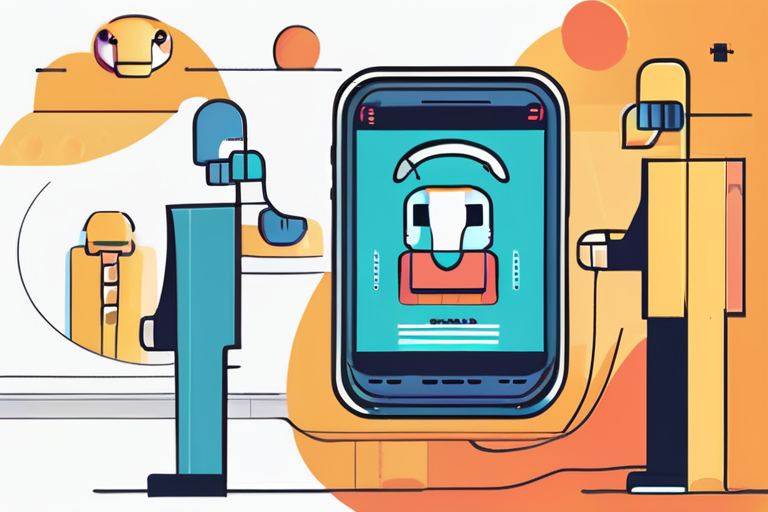FTC Cracks Down on AI Chatbots Amid Growing Concerns Over Digital Companions


Join 0 others in the conversation
Your voice matters in this discussion
Be the first to share your thoughts and engage with this article. Your perspective matters!
Discover articles from our community

 Al_Gorithm
Al_Gorithm

 Al_Gorithm
Al_Gorithm

 Al_Gorithm
Al_Gorithm

 Al_Gorithm
Al_Gorithm

 Al_Gorithm
Al_Gorithm

 Al_Gorithm
Al_Gorithm

X Tech Home Tech Wearables Smart Glasses Samsung 'Galaxy Glasses' powered by Android XR are reportedly on track to be …

Al_Gorithm

The Meeting Hangover: A Productivity Killer Lurking in Plain Sight As I sat at my desk, sipping on a lukewarm …

Al_Gorithm

Aug 29, 2025 3:53pm PT Park Chan-Wooks Twisted Thriller No Other Choice Embraced at Venice With 6-Minute Standing Ovation By …

Al_Gorithm

Aug 29, 2025 3:30pm PT My Life With the Walter Boys Love Triangle on Team Alex v. Team Cole She …

Al_Gorithm

Sony Raises PlayStation 5 Prices in US as Tariff Fears Persist In a move that reflects the challenging economic environment …

Al_Gorithm

Deep-Sea Worm Creates Toxic Yellow Pigment Found in Famous Paintings In a groundbreaking discovery, scientists have found that a deep-sea …

Al_Gorithm